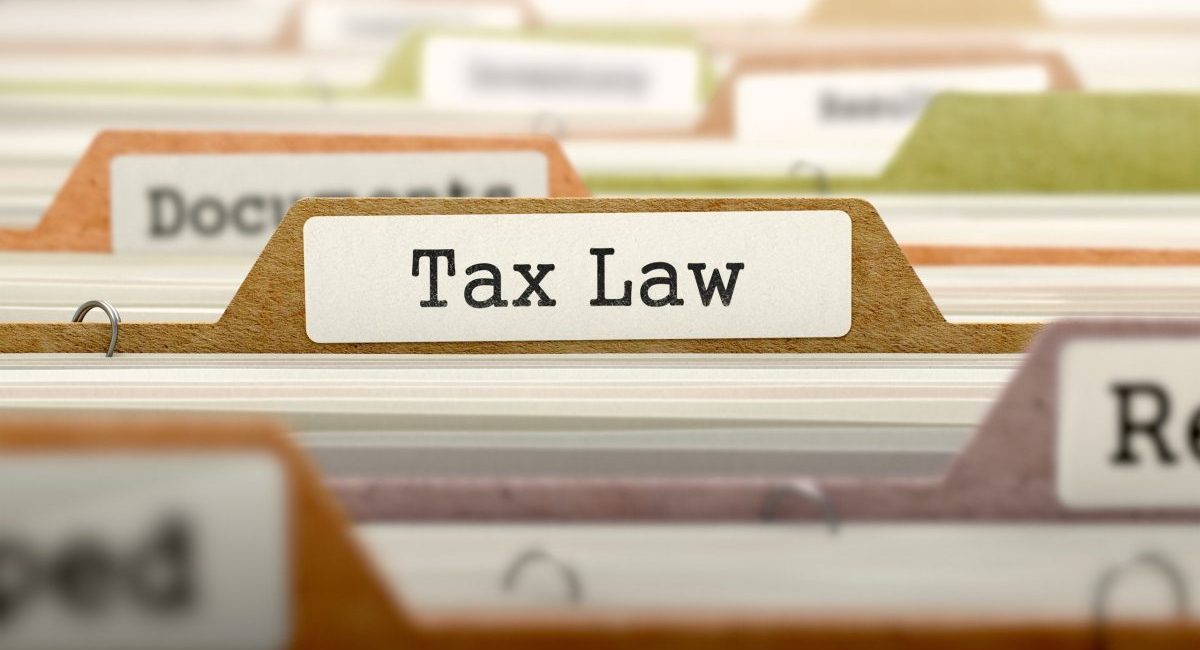A time-consuming and dreaded time of year for most business owners has just passed and is known in the UK and the US as ‘tax season’.
If you have a business or company that is based in the UK, then once a year, you will need to send a tax return to HMRC.
However, while tax issues are a common concern for many business owners, it is worth noting that one of HMRC’s primary methods of ensuring compliance is through conducting audits of taxpayers.
Therefore, your business may be subject to a random audit. But don’t panic! This doesn’t mean that there was an issue with your tax return, and it doesn’t mean you are being investigated for fraud.
There are different kinds of audits that HMRC can call, and in this article, some of them will be explored in a bit more depth.
Full tax inspection

This is the most comprehensive audit that HMRC can call, where they examine all aspects of a taxpayer’s tax affairs. This includes reviewing financial records, tax returns, and any other relevant documents to ensure that the taxpayer is complying with tax laws. The purpose of this audit is to identify any errors or inconsistencies in the taxpayer’s tax affairs and to assess whether they have paid the correct amount of tax. If you receive a letter stating that your business is going to have a full tax inspection conducted, then you will need to contact a fraud solicitor to be on the same side.
Aspect enquiry
An aspect enquiry is a targeted audit of a particular aspect of a taxpayer’s tax affairs. For example, HMRC may focus on a specific area, such as expenses or capital gains. The reason for this kind of audit is to investigate a particular area of concern rather than the taxpayer’s entire tax affairs. Again, it may be worth seeking professional and legal advice if you discover that this is the kind of enquiry that is going to be held.
Random check
This is pretty much what it sounds like; your business has been picked at random! The reason behind this type of audit is to ensure that taxpayers are complying with tax laws and to deter non compliance.
Employer compliance check

This type of audit is focused on ensuring that employers are complying with their tax obligations. HMRC will review the employer’s PAYE (pay as you earn) records, employee benefits, and other related documents to assess whether they are complying with tax laws. In newer businesses, there is a slight trend towards HMRC conducting this kind of check to ensure that there are no long-term issues which can cost you and your business thousands of pounds.
VAT inspection
A VAT inspection is an audit focused on a taxpayer’s VAT (Value Added Tax) affairs. HMRC will review the taxpayer’s VAT returns, invoices, and other relevant documents to ensure that they are complying with VAT laws. Much as before, if your business is new, there is a higher probability of this kind of audit being performed. However, as VAT is tricky to calculate, it may be worth calling an accountant or solicitor if HMRC springs this kind of audit upon you.
